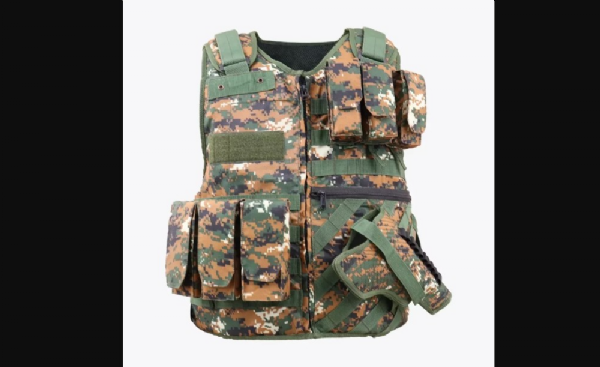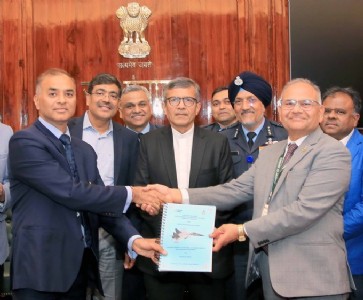Indian Army to receive Advanced Bullet Proof Jackets & Helmets
Total Views | 141
In a significant development aimed at enhancing the safety of Indian Army troops deployed along the Line of Control (LoC) and in operational areas, the military is set to receive state-of-the-art bulletproof jackets and helmets capable of protecting soldiers from “steel-piercing” bullets. This initiative, part of the Indian Army’s emergency procurement efforts, involves four contracts awarded for the acquisition of bulletproof jackets, helmets, shields, and Sikh helmets.
 Vikramjeet Singh Mann, who leads the Sales and Marketing division of SMPP, the company responsible for these contracts, has confirmed that Indian Army personnel will soon be equipped with bulletproof jackets and helmets designed to provide vital protection against deadly “steel-piercing” projectiles. The supply of these advanced protective gear items is expected to commence in the coming months and, in all likelihood, be completed by the year’s end.
Vikramjeet Singh Mann, who leads the Sales and Marketing division of SMPP, the company responsible for these contracts, has confirmed that Indian Army personnel will soon be equipped with bulletproof jackets and helmets designed to provide vital protection against deadly “steel-piercing” projectiles. The supply of these advanced protective gear items is expected to commence in the coming months and, in all likelihood, be completed by the year’s end.
The Indian Army’s emergency procurement includes a substantial order of 15,000 steel bulletproof jackets, 15,000 helmets, 12,000 Sikh helmets, and over 1,400 bulletproof shields. These jackets are designed to offer BIS level-6 protection, while the helmets provide level 3+ protection, both of which are considered among the best in the world. Notably, these protective items have been rigorously tested both in service and by the Defence Research and Development Organisation (DRDO).
This procurement marks a significant milestone as it represents the first time that the Indian Army has acquired bulletproof vests providing level 6 protection.
Chief of Defence Staff Gen Anil Chauhan highlighted that these procurements are part of the Indian Army’s self-reliance program. He emphasized that the armed forces have shown increasing confidence in indigenous sources, with 68 percent of the procurement being indigenous in the previous year. This shift underscores the changing perception that local products are now meeting high standards and requirements.
Source: AFI

In pic: Advanced Bullet proof jackets from SMPP group| https://smgroupindia.com/
The Indian Army’s emergency procurement includes a substantial order of 15,000 steel bulletproof jackets, 15,000 helmets, 12,000 Sikh helmets, and over 1,400 bulletproof shields. These jackets are designed to offer BIS level-6 protection, while the helmets provide level 3+ protection, both of which are considered among the best in the world. Notably, these protective items have been rigorously tested both in service and by the Defence Research and Development Organisation (DRDO).
This procurement marks a significant milestone as it represents the first time that the Indian Army has acquired bulletproof vests providing level 6 protection.
Chief of Defence Staff Gen Anil Chauhan highlighted that these procurements are part of the Indian Army’s self-reliance program. He emphasized that the armed forces have shown increasing confidence in indigenous sources, with 68 percent of the procurement being indigenous in the previous year. This shift underscores the changing perception that local products are now meeting high standards and requirements.
Source: AFI
Bharati Web







